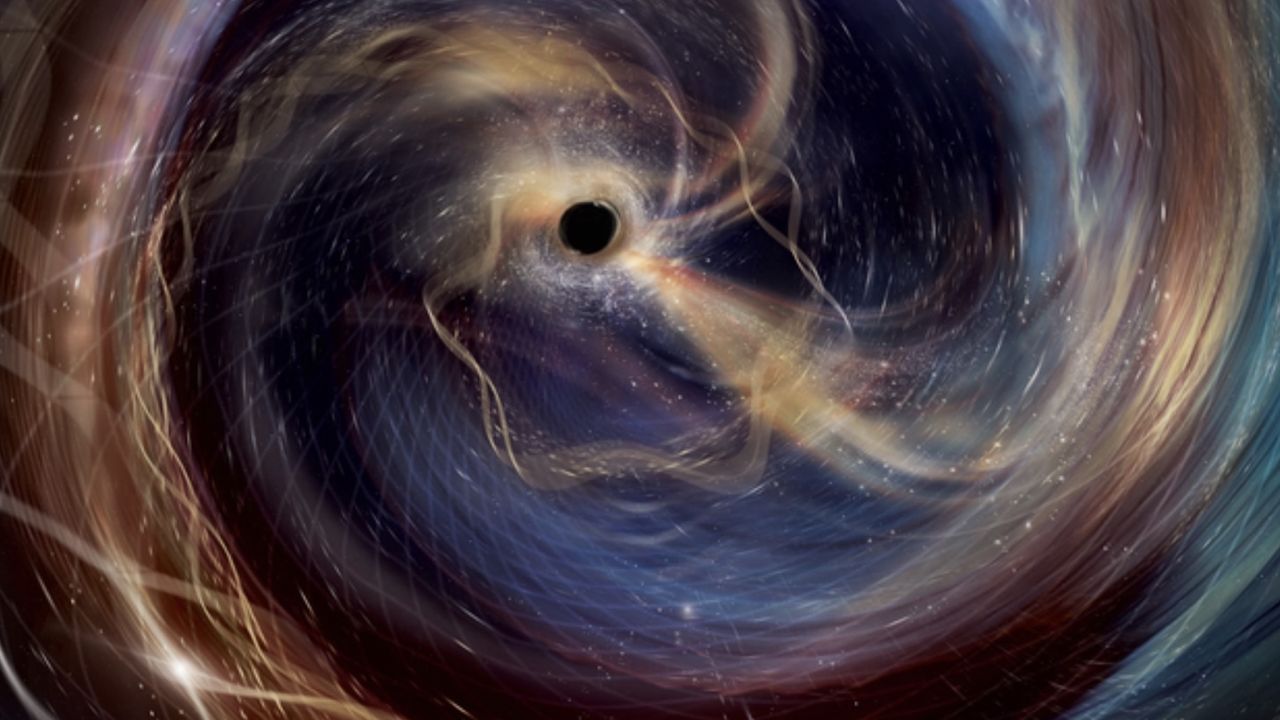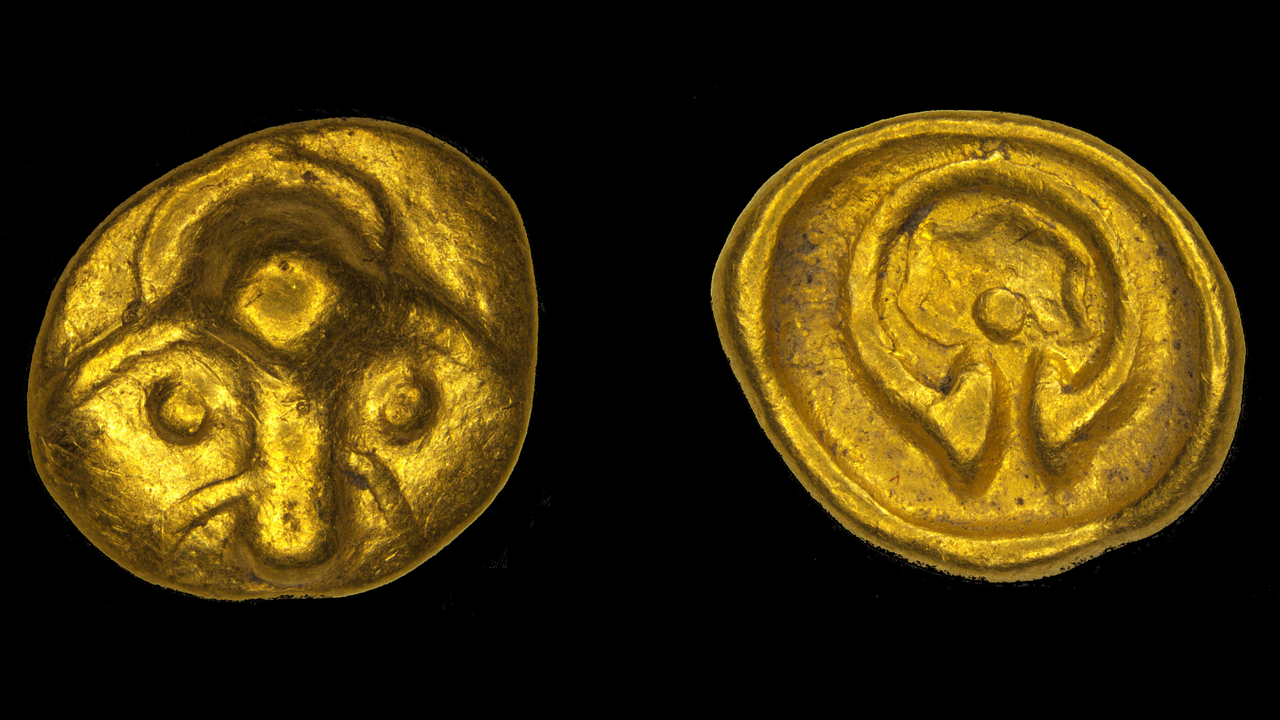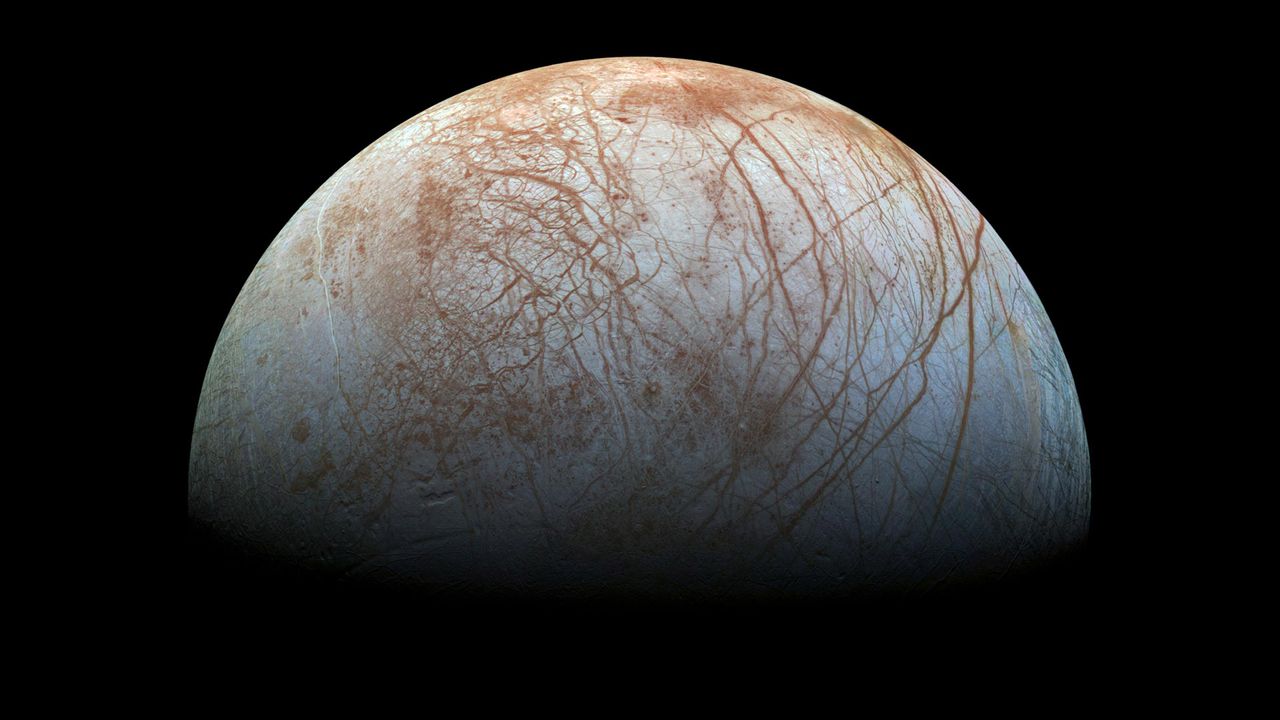A Scottish tea mystery: a bag for life – episode three
NeutralScience

In the latest episode of the intriguing series, science correspondent Nicola Davis delves into the curious case of Tam O’Braan, who attempted to cultivate tea in Scotland. As the story unfolds, Tam's deceptions are revealed, leading to a trial where he faces scrutiny over his tea sourcing practices. This episode not only sheds light on Tam's journey but also raises questions about the future of the Scottish tea industry he sought to establish. It's a captivating exploration of ambition, truth, and the potential for a unique local industry.
— Curated by the World Pulse Now AI Editorial System





